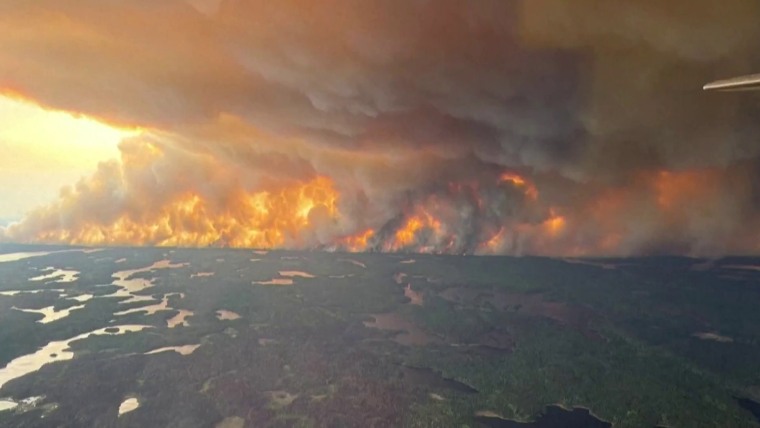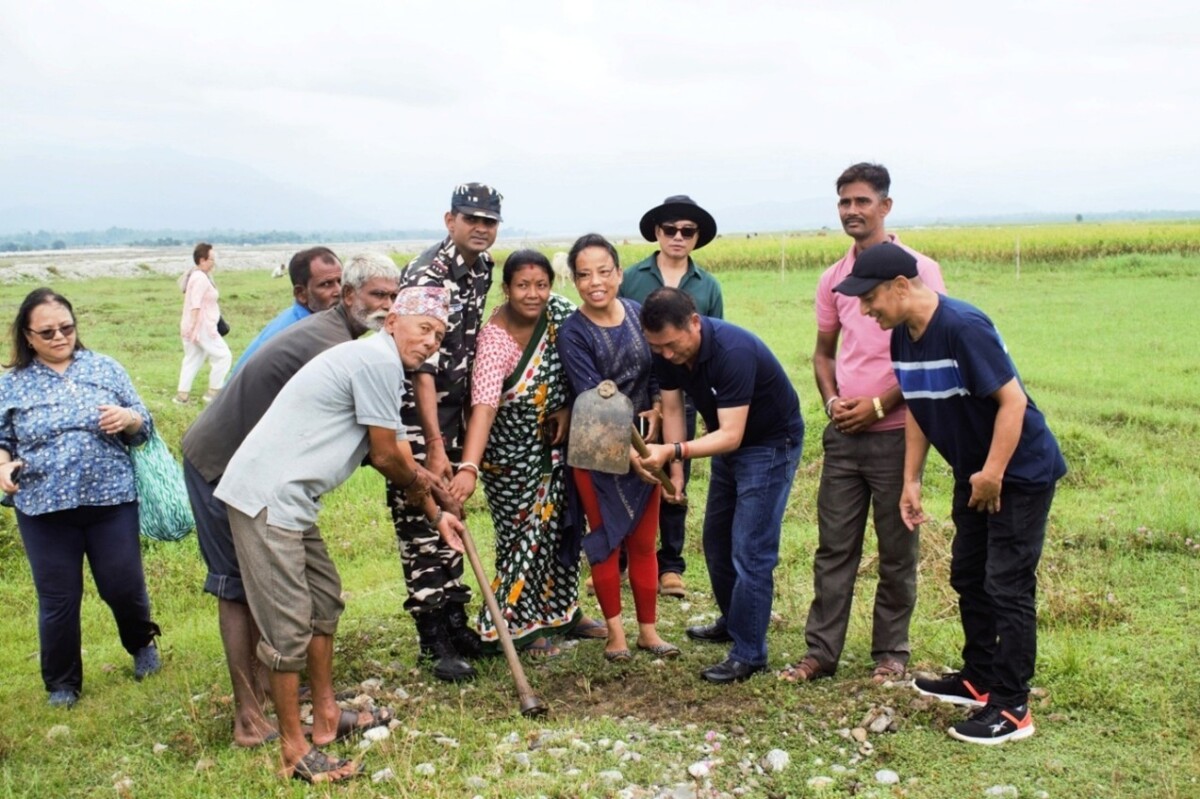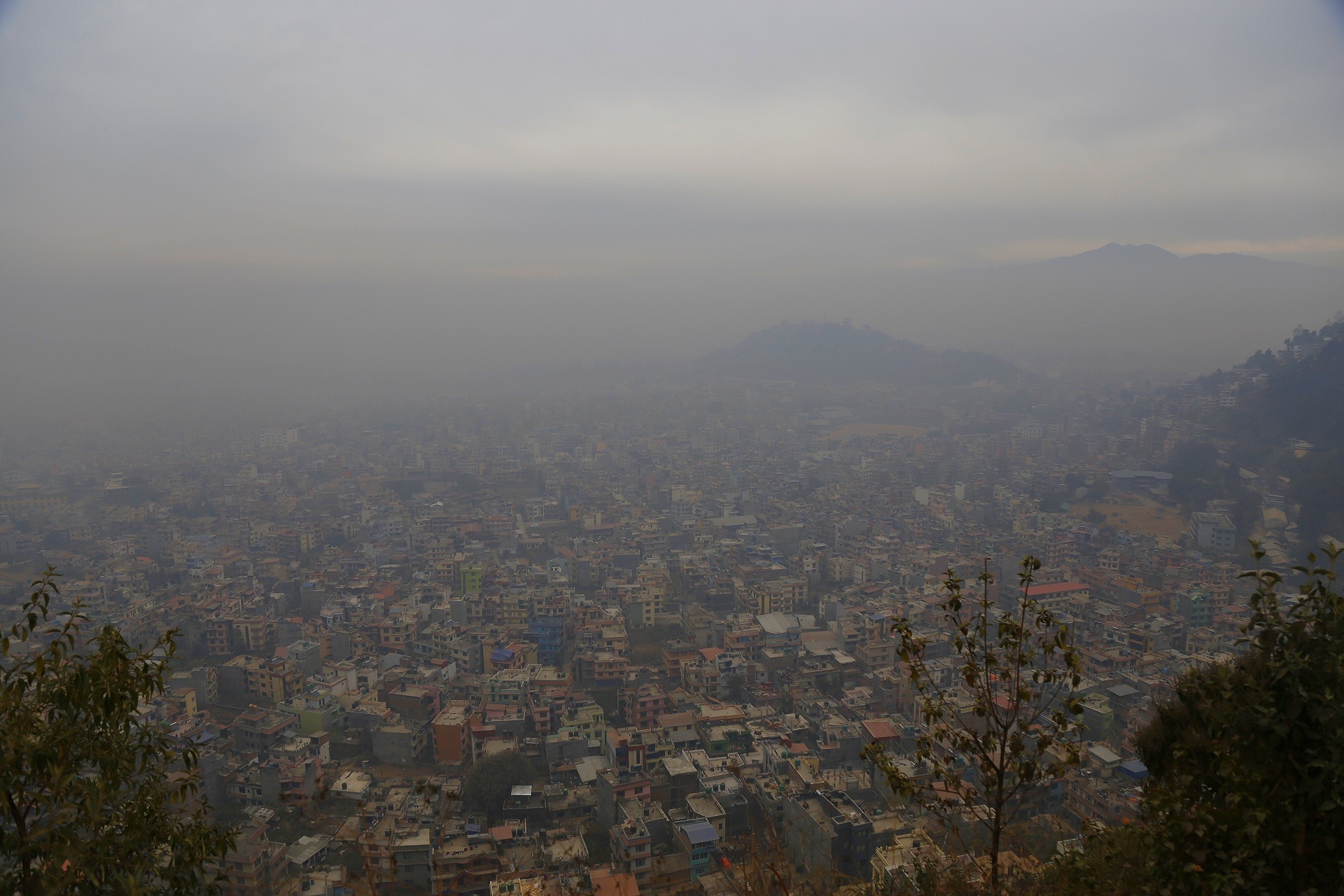Travel Advisory for Indonesia: Focus on Health and Safety in Line with Sustainable Development Goals
UK Foreign, Commonwealth and Development Office (FCDO) Travel Advisory
On June 18, 2025, the UK Foreign, Commonwealth and Development Office (FCDO) issued a travel advisory against all travel to several volcanoes in the Republic of Indonesia. This advisory highlights significant health risks associated with volcanic ash plumes, particularly for individuals with pre-existing respiratory conditions such as asthma.
Environmental and Health Concerns During Dry Season
Between May and November, Indonesia experiences a dry season characterized by widespread wildfires. These fires produce a smoke haze affecting regions including the Riau Islands, central Sumatra, and Kalimantan. The haze contributes to:
- Disruption of local and regional air travel
- Increased air pollution impacting public health
Recommendations for Travelers to Indonesia in 2025
- Conduct thorough research on travel destinations within Indonesia
- Obtain comprehensive travel insurance covering itinerary, planned activities, and emergency expenses
U.S. Department of State and CDC Advisories
The U.S. Department of State has issued a Level 4 advisory for international visitors considering travel to Indonesia. From a health perspective, the U.S. Centers for Disease Control and Prevention (CDC) includes Indonesia in recent measles and polio travel advisories.
Current Disease Outbreaks and Health Risks
- Dengue fever cases have reached 52,410 with 210 deaths reported as of June 2025
- Chikungunya cases total 1,245, primarily in the Java region
The CDC recommends consulting a travel vaccine expert prior to visiting Indonesia in 2025.
Alignment with Sustainable Development Goals (SDGs)
SDG 3: Good Health and Well-being
- Addressing respiratory health risks from volcanic ash and wildfire smoke aligns with SDG 3 targets to reduce morbidity and mortality from air pollution and environmental hazards.
- Monitoring and controlling infectious diseases such as dengue, chikungunya, measles, and polio supports efforts to combat communicable diseases globally.
- Encouraging vaccination and preventive healthcare for travelers promotes health security and resilience.
SDG 13: Climate Action
- Highlighting the impact of wildfires and volcanic activity on air quality underscores the importance of climate adaptation and disaster risk reduction strategies.
- Supporting sustainable land management and fire prevention efforts in Indonesia contributes to mitigating environmental hazards.
SDG 17: Partnerships for the Goals
- International cooperation through travel advisories and health alerts exemplifies global partnerships to ensure safe and sustainable travel.
- Collaboration between governments, health organizations, and travelers enhances preparedness and response to health emergencies.
Conclusion
Travelers to Indonesia in 2025 are advised to carefully consider health risks related to volcanic activity, wildfire smoke, and infectious diseases. Adhering to travel advisories and engaging with healthcare professionals for vaccinations supports the achievement of Sustainable Development Goals focused on health, climate action, and global partnerships.
1. Sustainable Development Goals (SDGs) Addressed or Connected to the Issues Highlighted in the Article
- SDG 3: Good Health and Well-being
- The article discusses health risks related to volcanic ash, respiratory conditions, air pollution from wildfires, and infectious diseases such as measles, polio, dengue, and chikungunya.
- SDG 13: Climate Action
- The article mentions wildfires and their contribution to smoke haze and air pollution, which are linked to climate and environmental conditions.
- SDG 11: Sustainable Cities and Communities
- The disruption of air travel and regional transport due to haze affects sustainable urban and regional infrastructure and safety.
2. Specific Targets Under Those SDGs Identified Based on the Article’s Content
- SDG 3: Good Health and Well-being
- Target 3.3: End the epidemics of communicable diseases including measles, polio, dengue, and chikungunya.
- Target 3.9: Reduce the number of deaths and illnesses from hazardous chemicals and air, water, and soil pollution and contamination.
- SDG 13: Climate Action
- Target 13.1: Strengthen resilience and adaptive capacity to climate-related hazards and natural disasters, such as wildfires and volcanic eruptions.
- SDG 11: Sustainable Cities and Communities
- Target 11.2: Provide access to safe, affordable, accessible and sustainable transport systems, improving road safety, notably by expanding public transport.
3. Indicators Mentioned or Implied in the Article to Measure Progress Towards the Identified Targets
- For SDG 3 Targets:
- Number of reported cases and deaths from dengue (52,410 cases and 210 deaths), chikungunya (1,245 cases), measles, and polio.
- Health impact measurements related to respiratory conditions caused by volcanic ash and air pollution.
- For SDG 13 Target:
- Frequency and extent of wildfires and volcanic ash plumes affecting air quality.
- Air pollution levels and their impact on health and environment.
- For SDG 11 Target:
- Number of disruptions to local and regional air travel caused by haze and smoke.
- Measures of transport safety and accessibility during environmental hazards.
4. Table of SDGs, Targets, and Indicators
| SDGs | Targets | Indicators |
|---|---|---|
| SDG 3: Good Health and Well-being |
|
|
| SDG 13: Climate Action |
|
|
| SDG 11: Sustainable Cities and Communities |
|
|
Source: vax-before-travel.com







